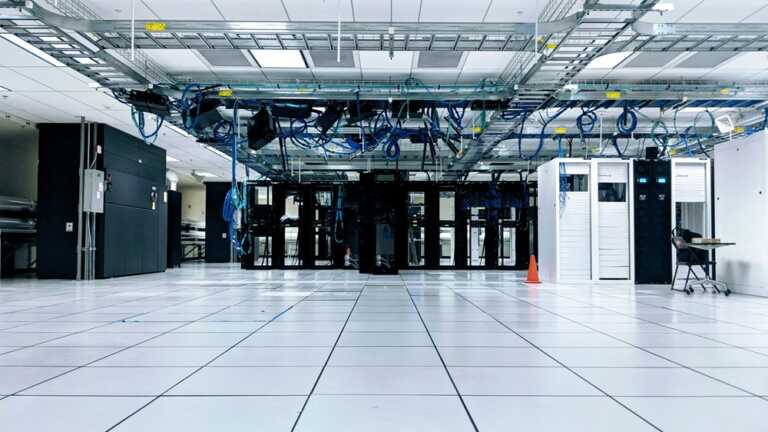Tech giants are searching for new ways to fuel artificial intelligence. With growing energy needs, companies such as Microsoft, Google, and Amazon are turning to nuclear power, despite ongoing public fear and high costs.
Microsoft recently signed a deal to buy power from the remaining reactor at the historic Three Mile Island plant in Pennsylvania – the site of the most serious nuclear accident in US history. The 1979 incident left no fatalities but deeply damaged nuclear energy’s reputation.
Now, decades later, nuclear is back in the headlines. Silicon Valley firms are investing heavily in new reactor designs, especially small modular reactors (SMRs). These smaller systems promise safer, cheaper, and cleaner energy, but most are still on paper.
“All these ideas sound great,” says Allison Macfarlane, former US Nuclear Regulatory Commission chair. “But small reactors are less efficient and years away from being viable.”
Still, optimism remains. Google’s partner Kairos Power hopes to produce 50 megawatts by 2030 from its Tennessee base – enough to power a small town. Yet experts warn such efforts will not meet AI’s fast-rising energy demand anytime soon.
The International Energy Agency predicts global data centre power use could double within five years. Some US towns have already banned nuclear projects due to safety concerns and waste issues.
Even so, support is slowly growing. A Pew study found most Americans now favour expanding nuclear energy.
Experts agree, however, that nuclear alone cannot power the AI revolution. As Haider Raza of the University of Essex notes, “There’s no single solution to the energy crisis – and someone will have to pay the price.”


